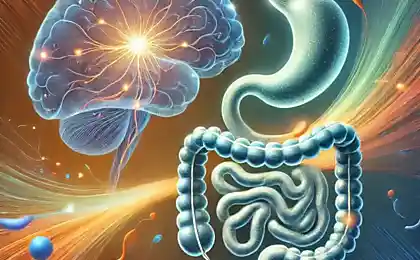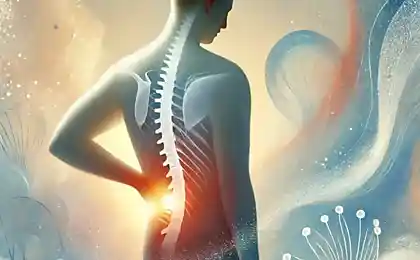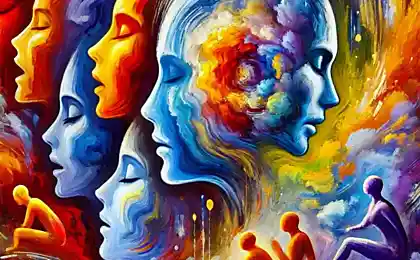522
Hormones: chemical behavior
How emotions affect the organsBy compression, spazmirovannah muscles, in different parts of our body is a power unit capable of developing a deformation of the tissues of nearby organs.
There are opposite – asthenic emotions, which allow the body to relax.
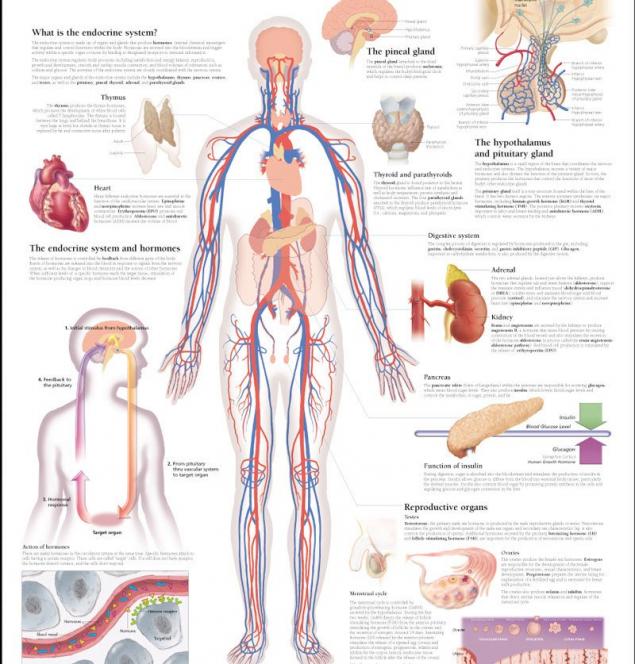
These are phenomena associated with the occurrence of seemingly causeless diseases, i.e. those that are not caused by physiology and psychology.
Caused by problems spazmirovannah the result of emotional outbursts of the body is considered to be a psychosomatic illness.
It turns a kind of chain relationship, where a certain emotion, makes the muscles react in specific area of the body, creating a favourable environment for the emergence of physiological abnormalities.
What makes us angry, to fear, to love, to experience other feelings? If you draw a parallel, it is obvious that hormonal balance is another cause of psychosomatic problems.
A fine line – hormones/emotions of Organ-neurotic symptoms can be divided into three groups:
These symptoms in most cases are combined.
Often symptoms manifest themselves in specific organ or system of organs.
Hormonal-vegetative disorders do not represent a localization, such as the respiratory system, or circulatory system, and are considered as functional diseases of the various systems.
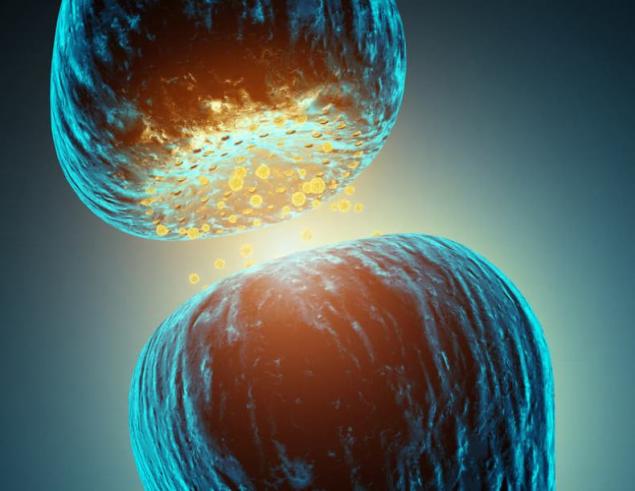
Thin but strong correlation determines the mechanism of occurrence and elimination of hormonal, autonomic, endocrine disorders.
On the one hand, the release of certain hormones induce emotions and by contrast, for example, if a person abruptly frightened, there is fear, fear, anxiety, rage, as a consequence, increases the level of adrenaline, and sometimes norepinephrine.
These two are similar in origin of the hormone (adrenaline – the hormone norepinephrine – a neurotransmitter) produced by the adrenal gland and influence differently on the body.
In addition, you can specify here the choice of system behavior and certain personality characteristics-like setting that affect the function of the endocrine system and consequently cause a reaction in the form of secondary signs of somatic symptoms.
We are talking about psychosomatics somatoform, on diseases connected with psycho, emotions, subconscious and other factors, are able to control (influence) on the emotional component of the human body.
For example, for one individual alone will cause an abundant secretion of gastric juice, the other, on the contrary, the disgust arising from the thought of the suffering of animals, the probability to get an ulcer from eating a steak is much improved, as astragalin — polypeptide/hormone that slightly increases the secretion of gastric juice, it turns out that the stomach is not enough favorable environment for digestion, lack of enzymes and other substances regulate the digestion and subsequently provokes erosion, gastritis and other gastrointestinal problems.
It turns out that is partly, maybe mostly, the emotional background regulates hormonal status, background of a person, therefore, affects the health.
In psychosomatics, diseases triggered by emotional state. Hormones affect emotions, so learning to control emotions, you can control the level of certain hormones in the body. The regulation of hormones will help to cope with some emotions.
If emotions are fully under control, many illnesses can be avoided, to increase their own efficiency, to prolong youth and increase the life cycle of many cells, and hence the duration of life.published
Author: Yulia Ustinova
P. S. And remember, only by changing their consumption — together we change the world! ©
Source: //www.ustinova.info/gormony-himicheskij-aspekt-povedeniya/
There are opposite – asthenic emotions, which allow the body to relax.

These are phenomena associated with the occurrence of seemingly causeless diseases, i.e. those that are not caused by physiology and psychology.
Caused by problems spazmirovannah the result of emotional outbursts of the body is considered to be a psychosomatic illness.
It turns a kind of chain relationship, where a certain emotion, makes the muscles react in specific area of the body, creating a favourable environment for the emergence of physiological abnormalities.
What makes us angry, to fear, to love, to experience other feelings? If you draw a parallel, it is obvious that hormonal balance is another cause of psychosomatic problems.
A fine line – hormones/emotions of Organ-neurotic symptoms can be divided into three groups:
- Affective equivalents;
- Somatic symptoms in the result of unconscious attitudes;
- Different somatic diseases the result of a breach of the chemistry.
These symptoms in most cases are combined.
Often symptoms manifest themselves in specific organ or system of organs.
Hormonal-vegetative disorders do not represent a localization, such as the respiratory system, or circulatory system, and are considered as functional diseases of the various systems.

Thin but strong correlation determines the mechanism of occurrence and elimination of hormonal, autonomic, endocrine disorders.
On the one hand, the release of certain hormones induce emotions and by contrast, for example, if a person abruptly frightened, there is fear, fear, anxiety, rage, as a consequence, increases the level of adrenaline, and sometimes norepinephrine.
These two are similar in origin of the hormone (adrenaline – the hormone norepinephrine – a neurotransmitter) produced by the adrenal gland and influence differently on the body.
- If adrenaline stimulates action, that is, the fear – reaction (to run) – action, noradrenaline is capable of on the contrary with a strong fear to stop, to freeze people.
- With the release of the neurotransmitter and hormone norepinephrine, blood cells are released from the oxygen, after which the person feels fatigue, weakness. Another hormone called noradrenaline rage.
In addition, you can specify here the choice of system behavior and certain personality characteristics-like setting that affect the function of the endocrine system and consequently cause a reaction in the form of secondary signs of somatic symptoms.
We are talking about psychosomatics somatoform, on diseases connected with psycho, emotions, subconscious and other factors, are able to control (influence) on the emotional component of the human body.
For example, for one individual alone will cause an abundant secretion of gastric juice, the other, on the contrary, the disgust arising from the thought of the suffering of animals, the probability to get an ulcer from eating a steak is much improved, as astragalin — polypeptide/hormone that slightly increases the secretion of gastric juice, it turns out that the stomach is not enough favorable environment for digestion, lack of enzymes and other substances regulate the digestion and subsequently provokes erosion, gastritis and other gastrointestinal problems.
It turns out that is partly, maybe mostly, the emotional background regulates hormonal status, background of a person, therefore, affects the health.
In psychosomatics, diseases triggered by emotional state. Hormones affect emotions, so learning to control emotions, you can control the level of certain hormones in the body. The regulation of hormones will help to cope with some emotions.
If emotions are fully under control, many illnesses can be avoided, to increase their own efficiency, to prolong youth and increase the life cycle of many cells, and hence the duration of life.published
Author: Yulia Ustinova
P. S. And remember, only by changing their consumption — together we change the world! ©
Source: //www.ustinova.info/gormony-himicheskij-aspekt-povedeniya/










